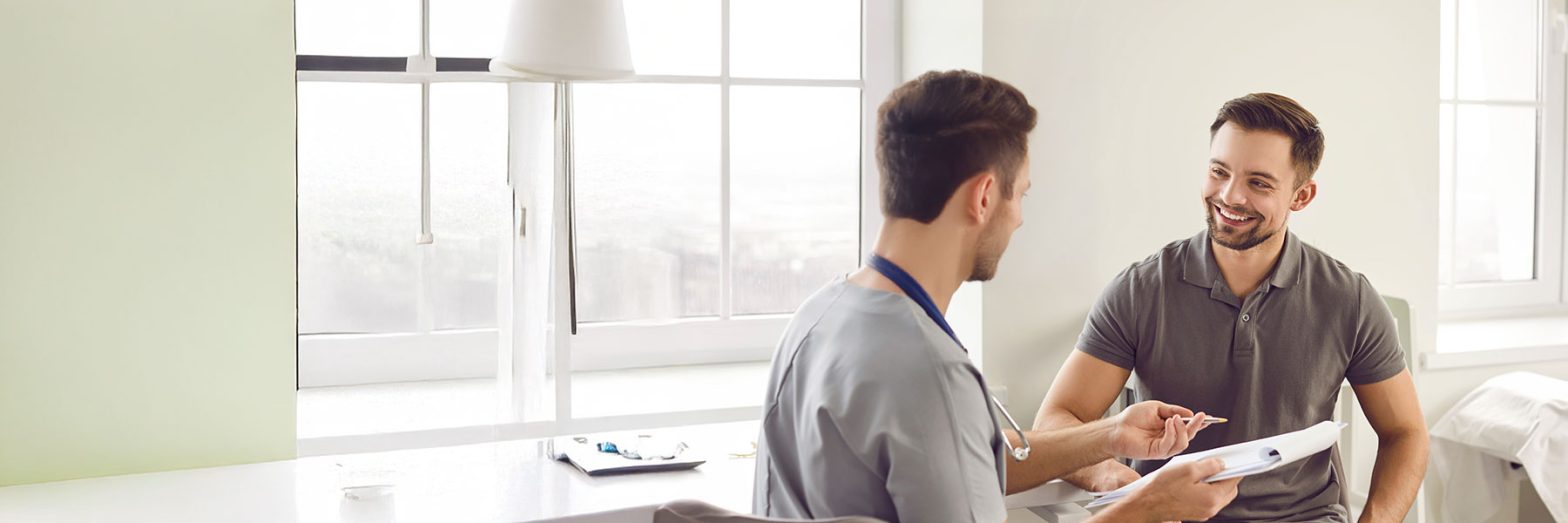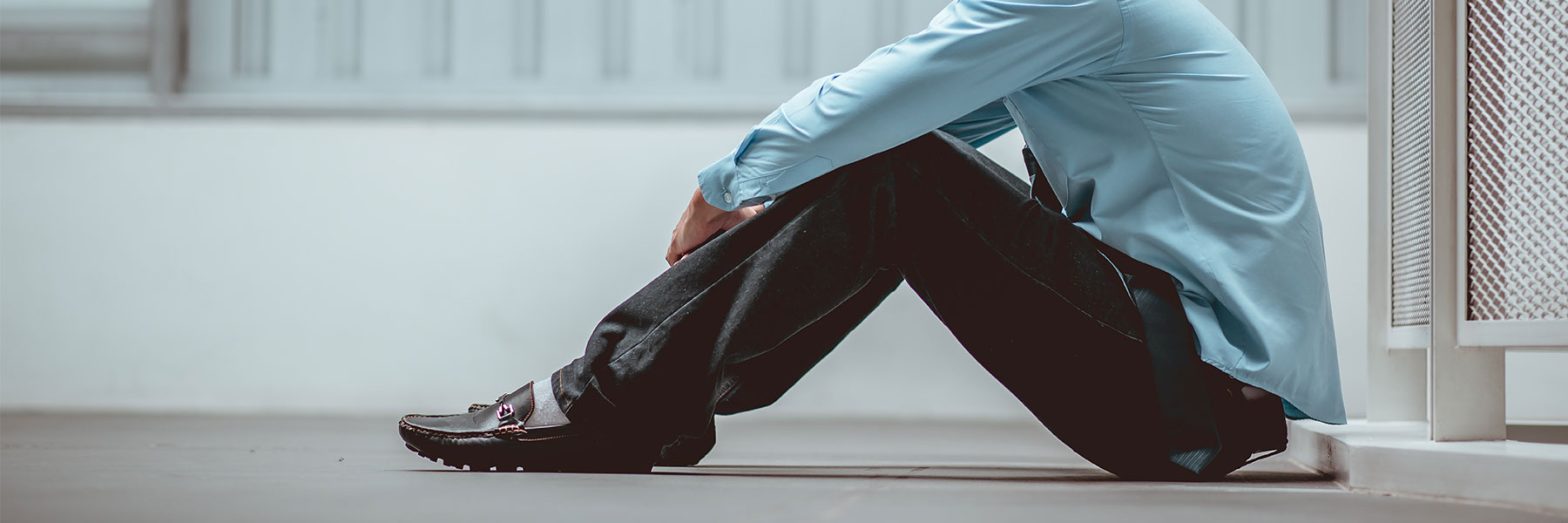
Understanding the Differences Between Anal Fissures and Haemorrhoids: Symptoms, Causes, and When to Seek Treatment
Anal discomfort is not a topic that anyone wants to discuss, but it is more common than you may imagine. Anal fissures and Haemorrhoids are the two most frequent causes of rectal pain. Whilst both issues involve the anal area and might create similar symptoms, they are distinct illnesses with separate causes and treatments. Understanding the distinctions can help you manage your symptoms and decide whether to seek expert treatment.
What Are Anal Fissures?
An anal fissure is a minor tear or cut in the lining of the anus. This might occur after passing large or hard stools, or when straining during bowel motions. The cut can cause severe agony, particularly during or after a bowel movement, and can occasionally result in bleeding.
Symptoms of Anal Fissures
- Sharp, severe pain during or after bowel movements
- Bright red blood on the toilet paper or in the toilet
- A visible tear near the anus
- A small lump or skin tag near the fissure
- A burning or itching sensation
Causes of Anal Fissures
- Passing large or hard stools (often due to constipation)
- Straining during bowel movements
- Chronic diarrhoea
- Childbirth trauma
- Inflammatory conditions like Crohn’s disease
What Are Haemorrhoids?
Haemorrhoids, also known as piles are enlarged veins in the rectal or anal area. They can appear internally (in the rectum) or externally (around the anus). Haemorrhoids are caused when there is increased pressure in the veins surrounding the rectum and anus, which is frequently caused by straining or sitting for extended periods.
Symptoms of Haemorrhoids
- Painless bleeding during bowel movements
- Pain or discomfort, especially with external haemorrhoids
- Swelling or lumps around the anus
- Itching or irritation in the anal region
- Feeling like you still need to poo after going to the toilet
Causes of Haemorrhoids
- Chronic constipation or diarrhoea
- Straining during bowel movements
- Sitting for long periods, especially on the toilet
- Pregnancy
- Obesity
Haemorrhoids vs Anal Fissures
Anal fissures and haemorrhoids can often be misdiagnosed but they do have some distinct characteristics.
| Haemorrhoids | Anal Fissure |
| Caused by swollen veins in the rectum or anus | Caused by a tear in the anal lining |
| Can be internal or external | Tear is usually in the anal opening |
| Dull ache or discomfort, especially with external haemorrhoids | Sharp, intense pain during/after bowel movement |
| Itching and swelling in external haemorrhoids | May have mild swelling |
| Painless bleeding (internal), possible more significant bleeding | Bright red blood, typically small amounts |
Do I need Anal Fissure or Haemorrhoid Treatment?
In most cases, both conditions often heal up on their own but in certain instances, further treatment may be required to rectify the problem or to stop recurrence.
When to Seek Treatment for Anal Fissures
- If the anal fissure doesn’t heal within 4–6 weeks.
- Severe or persistent pain that makes it difficult to sit, stand, or go about daily activities.
- If you notice a skin tag or lump near the fissure that doesn’t go away.
- Recurring anal fissures.
When to Seek Treatment for Haemorrhoids:
- No improvement with home treatments like sitz baths, over-the-counter creams, or dietary changes within a few weeks
- Persistent bleeding, especially if it’s heavy or happens outside of bowel movements
- Significant pain or discomfort that interferes with daily activities
- External haemorrhoids that become hard, swollen, or painful
Treatments for Haemorrhoids and Anal Fissures
At home treatments
Anal fissures and haemorrhoids can often be managed with self-care at home.
- Increasefibrer and water intake – This helps soften stools and prevent straining.
- Avoid sitting for long periods – Sitting puts pressure on the anal region, especially on hard surfaces.
- Sitz baths – Warm water baths can soothe the anal area and relieve discomfort.
- Apply topical treatments – Over-the-counter creams, ointments, and witch hazel pads can ease symptoms.
- Avoid straining – Ensure you are going to the bathroom when you feel the need to rather than waiting and avoid prolonged sitting on the toilet.
Surgical Treatment for persistent or recurring Haemorrhoids
If self-care at homehass not managed to relieve you of your haemorrhoids, you may be considering further treatment. At The Private Clini,c we provide patients with various options to best suit everyone’s unique circumstances.
Rafaelo Treatment
The Rafaelo technique treats and removes internal haemorrhoids by radiofrequency ablation. The 15-minute operation can be done in the clinic, and patients can resume their normal activities immediately with minimal post-treatment pain.
Our Rafaelo treatment is appropriate for the majority of patients; however, if our Colorectal experts believe you are not a candidate for treatment, they will make every effort to provide an alternate haemorrhoid treatment to help you get the best possible outcomes.
THD Haemorrhoid Procedure
Transanal haemorrhoid dearterialization (THD) is a successful haemorrhoid treatment that has been approved by NICE. The operation reduces the size of the haemorrhoids by suturing their blood supply arteries with a doppler-guided ultrasound equipment. The THD treatment is classified as minimally invasive surgery because the surgeon does not have to cut or remove any tissues. Patients tend to heal significantly faster than traditional haemorrhoidectomy surgery.
Haemorrhoidectomy
A haemorrhoidectomy is the surgical removal of haemorrhoids. We commonly used the Closed Haemorrhoidectomy technique, where the surgeon removes the haemorrhoid(s) with a scalpel, scissors, electrocautery, or laser before suturing the wound.
Surgical Treatment for persistent or recurring Anal Fissures
- Botulinum toxin injections – Injections to the sphincter muscle relax the muscle, reducing pain and allowing the fissure to heal.
- Lateral Sphincterotomy – A small cut is performed within the muscle ring around the sphincter muscle to relieve stress in the anal canal, allowing the anal fissure to heal while also lowering the likelihood of recurrence.
- Advancement anal flap surgery – Healthy tissue is extracted from another part of the body and transplanted into the anal area to aid in the repair of the fissure and increase blood circulation.
Proctology at The Private Clinic
The best way to diagnose if you have a haemorrhoid or anal fissure is to visit a healthcare professional such as one of our experienced Colorectal Surgeons. They will discuss your symptoms and medical history whilst also performing a physical examination of the area. In doing this, they will be able to accurately let you know the cause of your anal pain or discomfort and what treatment would be recommended to help.
We provide patients with a range of self-pay treatment options at our discrete and private clinics in London and Birmingham.
- Quick consultations with experienced Consultant Surgeons.
- Free proctoscopy exam
- No waiting lists.
- Relief from pain and discomfort.
- Ease of bowel movements.
- Increase in self-esteem and confidence.
- Overall improvement of quality of life.
Summary
While anal fissures and haemorrhoids are common and usually treatable at home, persistent symptoms should not be ignored. Anal fissures are more likely to cause sharp, strong pain, particularly during bowel movements, whereas haemorrhoids are frequently associated with mild bleeding and itching. If your symptoms linger despite home treatment or become severe enough to interfere with your normal activities, you should seek further treatment. Early treatment can prevent problems and provide relief from symptoms.
Get in touch
To Book a Haemorrhoids Treatment consultation at any of our clinics please call 0333 920 2471 or use our online contact form.
Sources
-
NHS – Anal Fissure
-
Patient Info – Anal Fissure
-
NHS – Piles (haemorrhoids)
-
WebMD – Hemorrhoids: Symptoms, Causes, and Treatment
-
VeryWell Health – Anal Fissure vs. Hemorrhoids: What Are the Differences?






